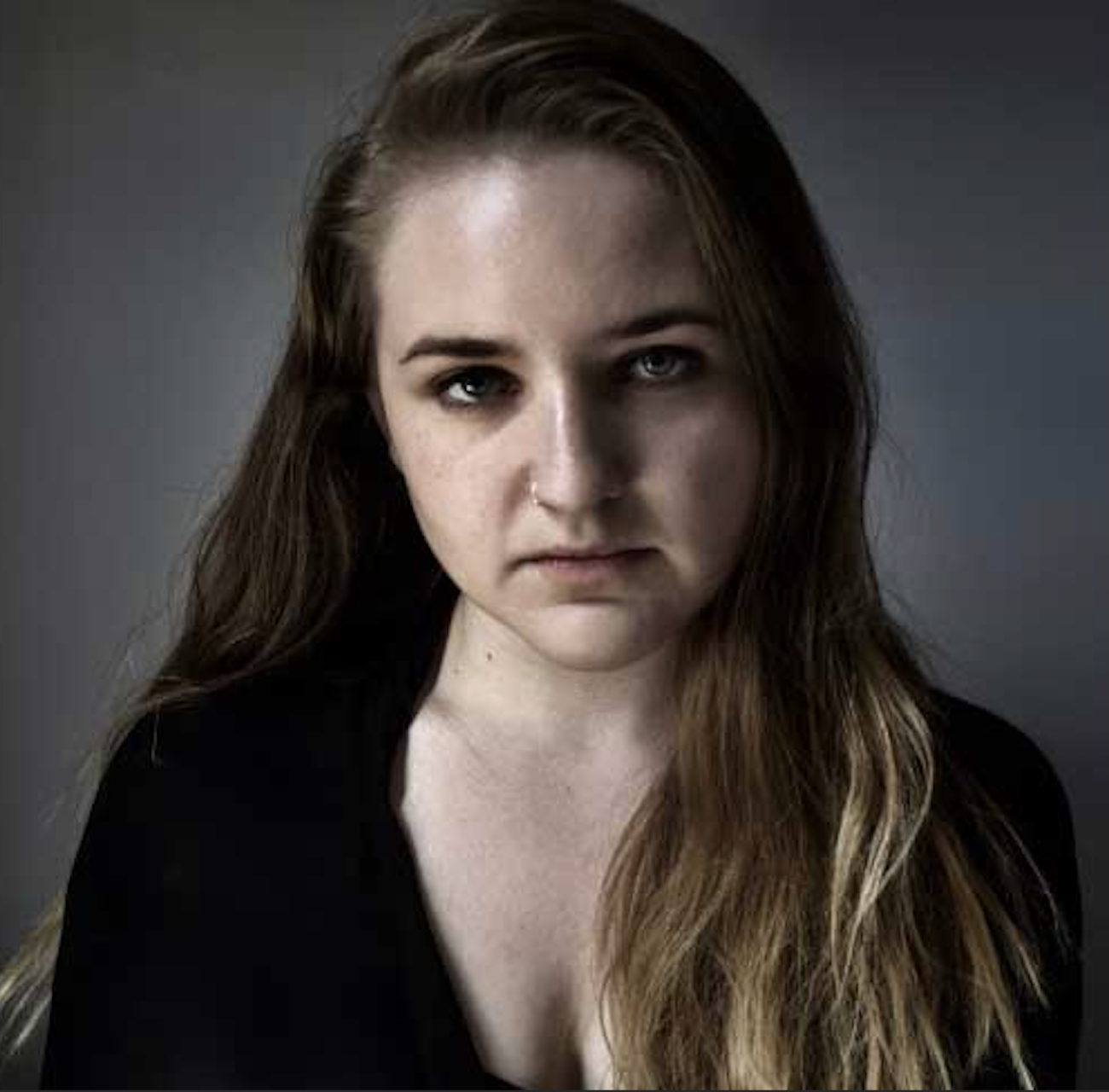 Current Job/Organization:
Current Job/Organization:
Associate Artistic Director, Troy Foundry Theatre (But for my day job, I’m a manager at Buffalo Exchange in Williamsburg. Day jobs pay the bills!)
Three words to describe the Theatre program:
Dynamic. Collaborative. Next-level.
Thesis and description:
My thesis was called “Homophobes and Whores,” and it was an exploration of the relationship between women and the Catholic Church. I did a lot of work with live feed and prerecorded projections and wrote a lot of poetry about what I call my “Catholic baggage.”
How did your MFA in Theatre prepare you for your current work and future goals?
I walked away from SLC with a collaborative spirit and a “let’s figure it out” kind of approach to work. I prefer making poor theatre. I prefer working with others, bouncing ideas and directions off of each other to find the best fit. I prefer work that’s more than vaguely political. SLC was a major contributor to the way my aesthetic has evolved, and before SLC I don’t think I knew I could be a multifaceted artist. Whenever someone asks me about Sarah Lawrence, I tell them it was one of the best career moves I could have made.
What’s your latest work?
In October, Troy Foundry Theatre produced the world premiere of a play I wrote in Sibyl Kempson’s class, Models of Perfection. I did a reading with them last spring, workshopped the piece with the Dare Tactic in the city last fall, and this time Niya Colbert and David Girard codirected the piece.
What’s an upcoming work?
I’m currently working on the National Theatre Conference, which usually meets in NYC but this year will be a virtual meeting of 100 or so theatre professionals from around the country. I’ve helped run the conference as the board assistant for the past three years. I’m also hoping to push the development of my next play, A Deed Without a Name. I’m usually a director first, but it’s been a writing year for me. I also wrote this piece in Sibyl’s class. She really opened up the possibilities of playwriting to me—before her class I didn’t think I had the right to be a writer.